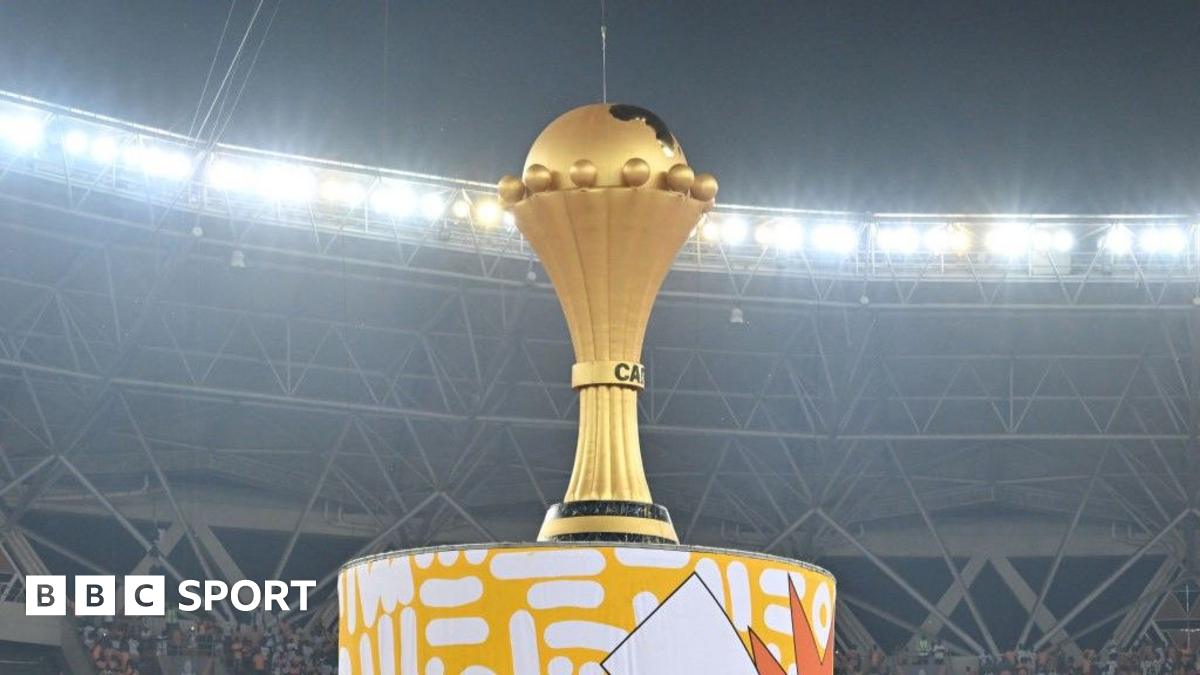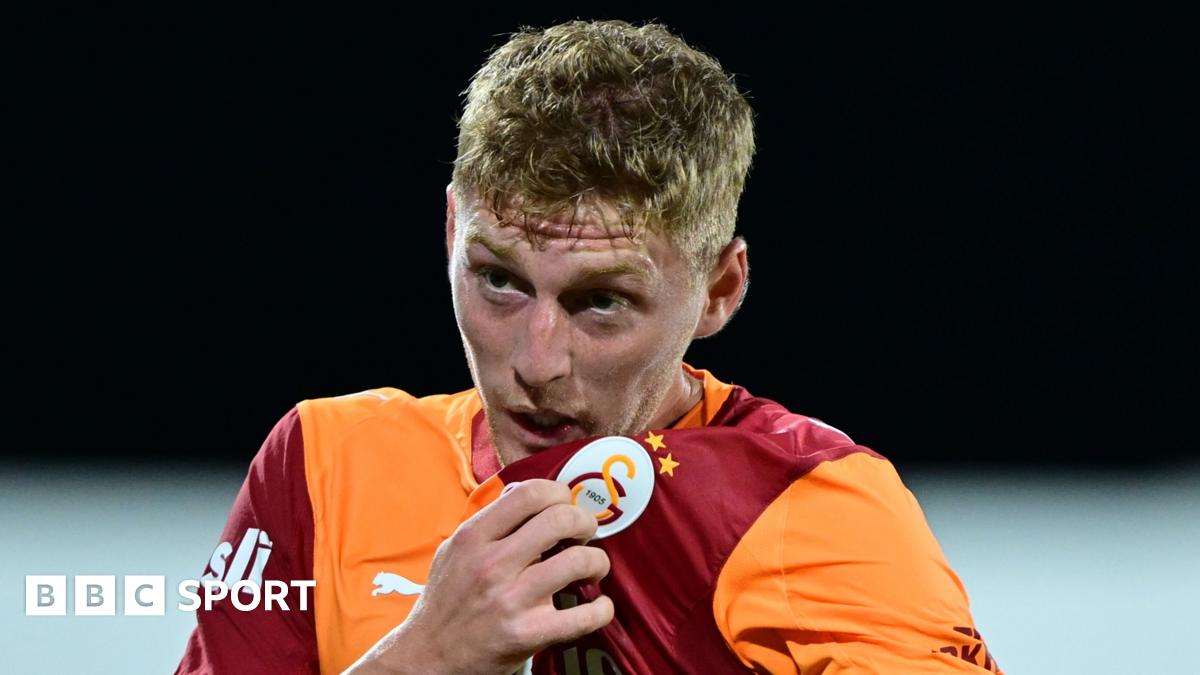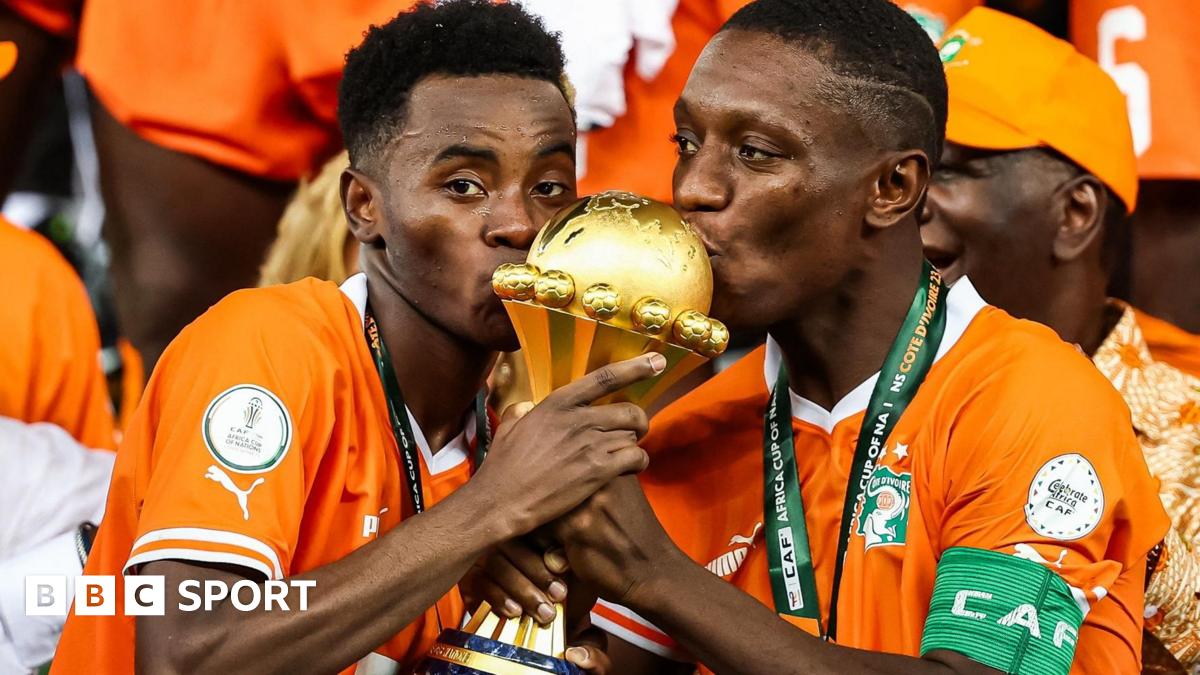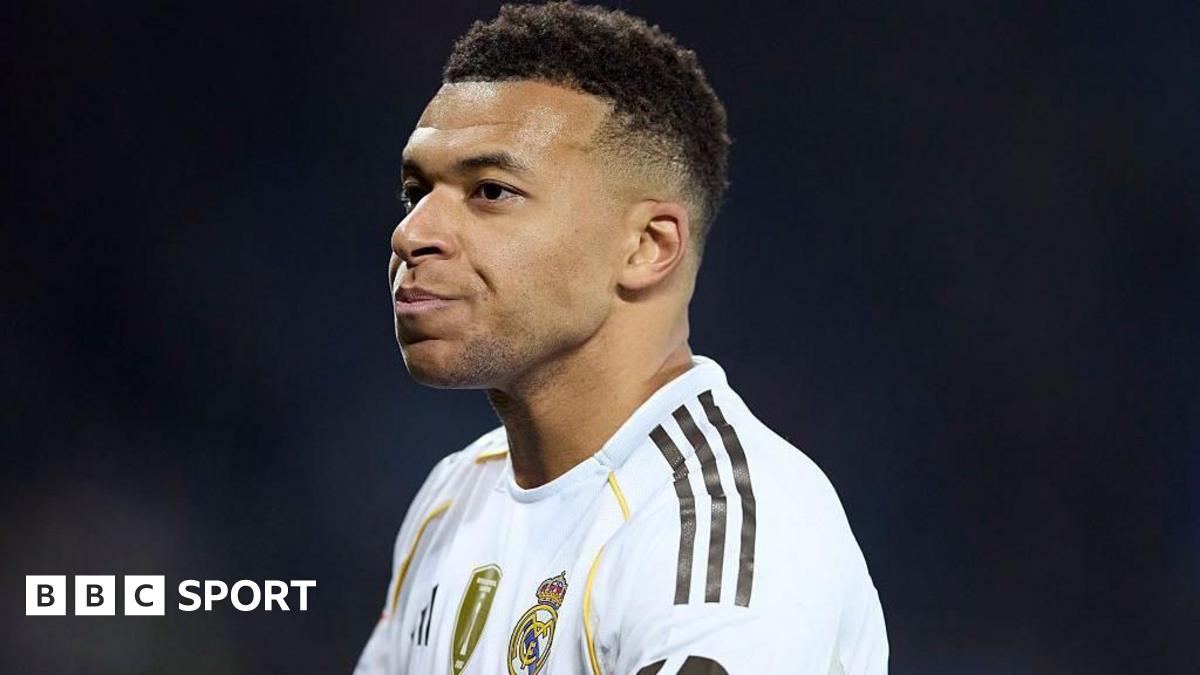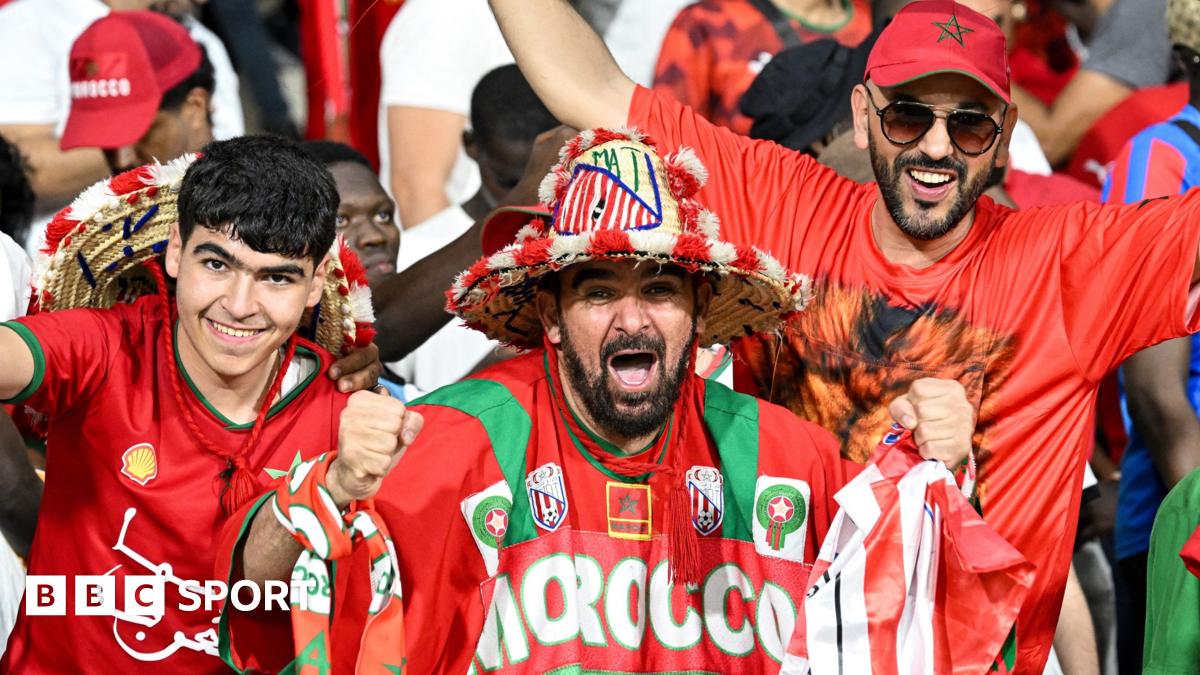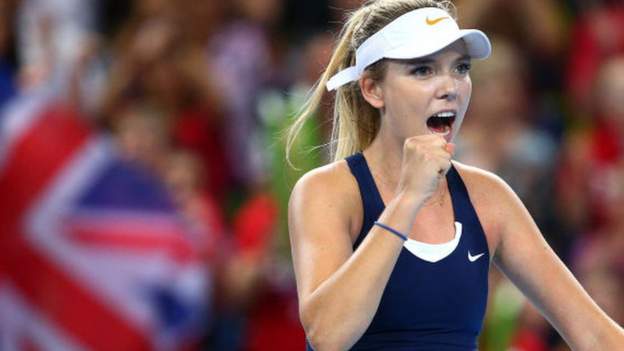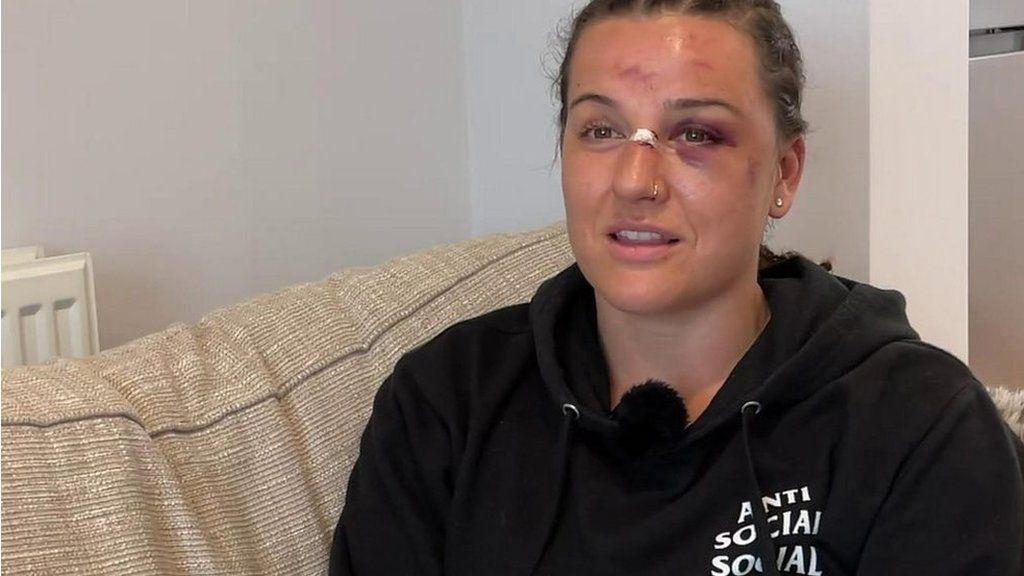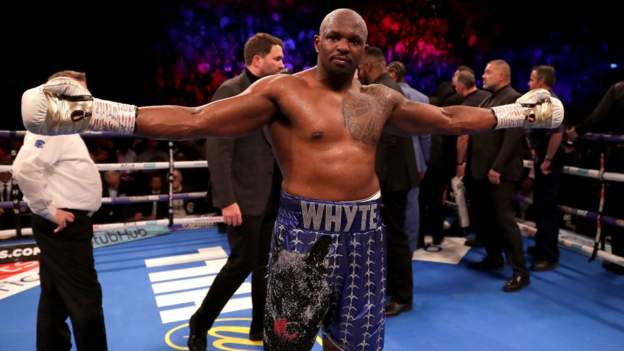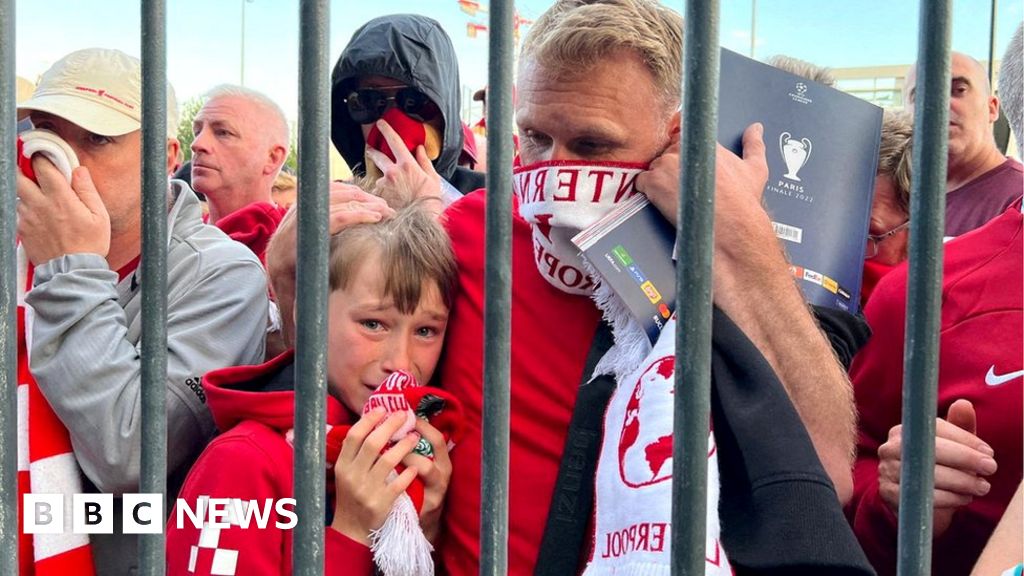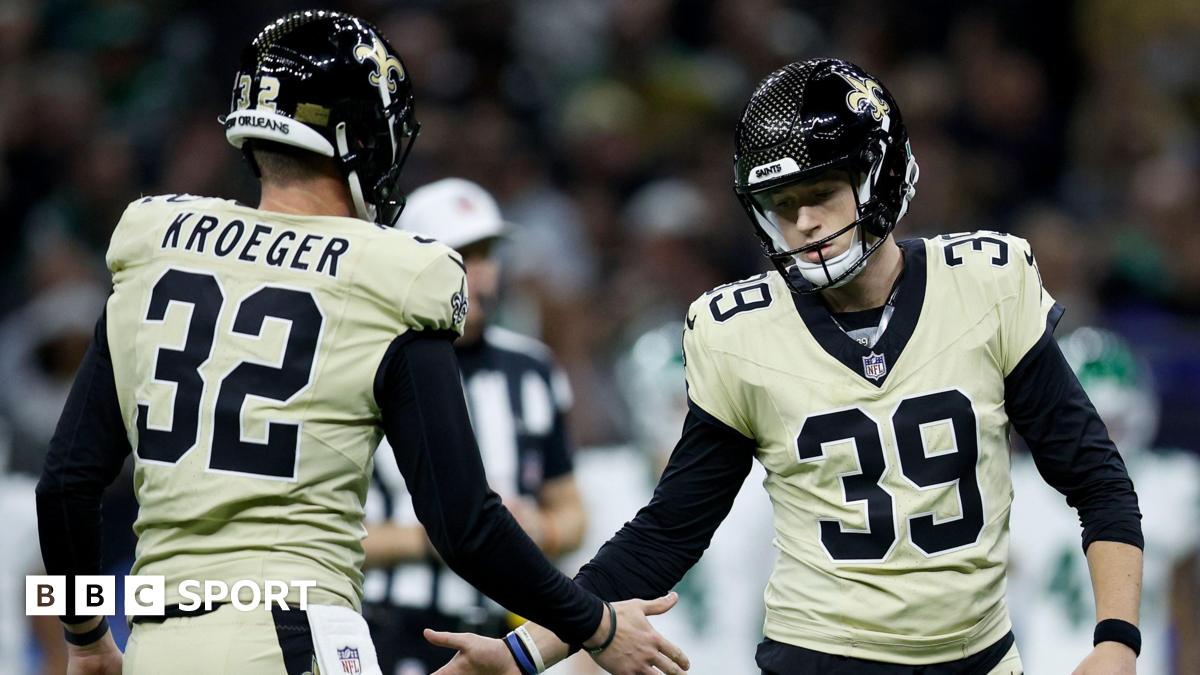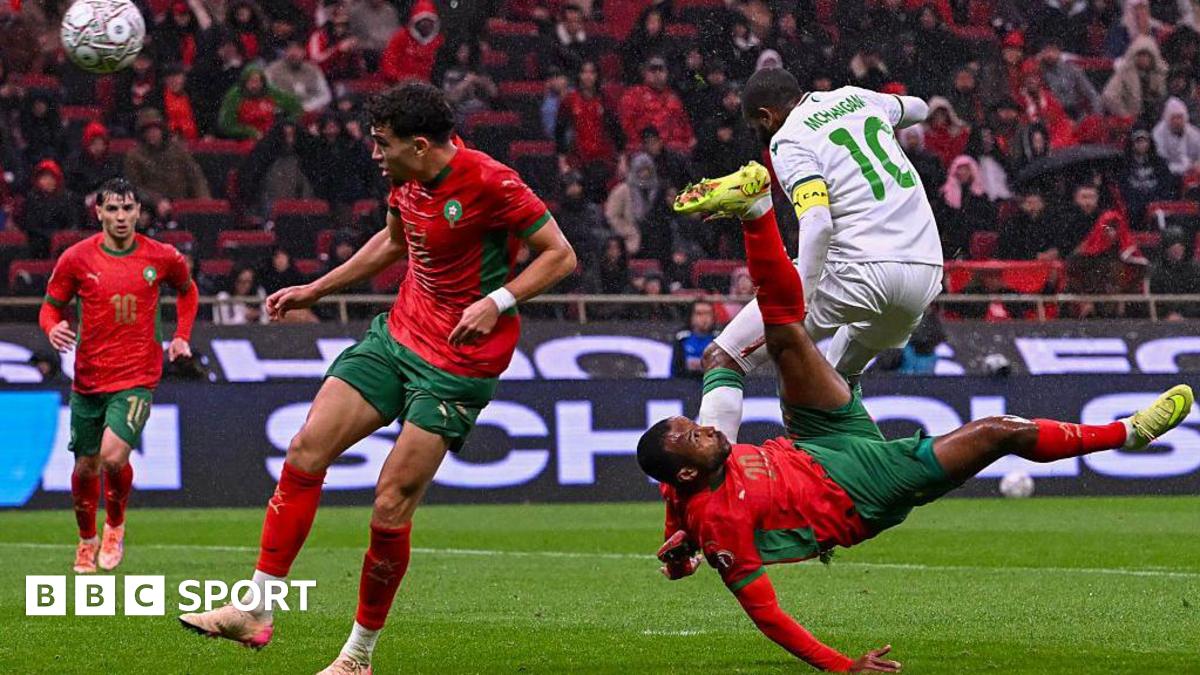| Venue: Emirates Arena, Glasgow Dates: 8-13 November |
| Coverage: Live TV coverage of Great Britain’s matches and the semi-finals and final on BBC Red Button, BBC iPlayer and the BBC Sport website and app, with selected live text commentaries and match reports on the website and app |
Great Britain are drawing on past success – as well as some good coffee and humour – to inspire them as they seek to outperform their underdog tag at this week’s Billie Jean King Cup Finals in Glasgow.
Without the injured Emma Raducanu, Anne Keothavong’s side – who only qualified as hosts – have been weakened for the 12-team World Cup of women’s tennis, which starts on Tuesday.
But they are not the only ones without their top player – Polish world number one Iga Swiatek and American world number three Jessica Pegula are absent, while other leading players are missing because their countries did not qualify or are banned, leaving just five of the world’s top 20 players at the tournament.
There are four groups of three teams, with only the group winners going through to Saturday’s semi-finals.
Great Britain open their Group C campaign on Tuesday against Kazakhstan (not before 16:00 GMT) before taking on Spain on Thursday.
And memories of jubilant scenes from three years ago, when Britain beat Kazakhstan in London, are giving the team belief this time – in particular for Katie Boulter, who came from a set and a break down to seal that victory despite needing to have a hot water bottle on her injured back at the changeovers.
“It already is giving me some pretty good vibes and I hope we can bring those in and use that experience,” she told a news conference on Monday. “I’m pretty excited to get going and hopefully we can do the same thing as we did back then.
“It was something that was pretty special for me… and I hope we can replicate something like that.”
Before Great Britain aim for an upset, here’s what you need to know about the Billie Jean King Cup Finals.
Great Britain without Raducanu in tricky group
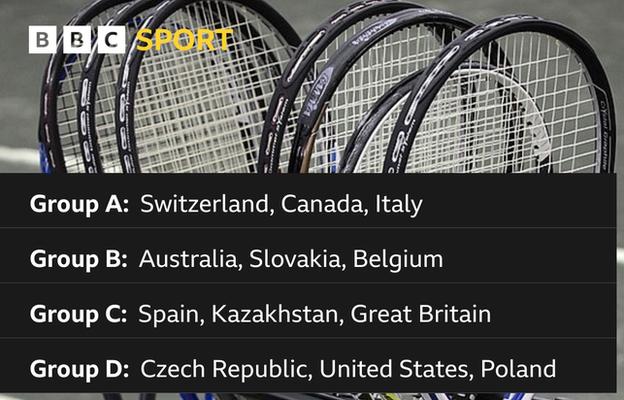
Less than a fortnight before the start of the event, 2021 US Open champion Raducanu pulled out with a wrist injury, leaving the event without the biggest draw for domestic fans – and the hosts without their number one player.
“Obviously it’s disappointing for Emma, the fans and the event,” LTA tournament director Rebecca James told BBC Sport. “But in terms of GB, the team have some players who will no doubt rise to the occasion and have had great support from the British public in the home ties we’ve had previously.”
Raducanu’s absence means that Great Britain’s highest ranked player will be world number 95 Harriet Dart. She is joined by 130th-ranked Katie Boulter and the experienced Heather Watson, who is ranked 134th but who reached the fourth round of Wimbledon this summer – her first appearance in the last 16 of a Grand Slam singles event.
Established doubles pair Alicia Barnett and Olivia Nicholls make up the rest of the team.
Both of Great Britain’s group opponents are tricky prospects, with Kazakhstan led by Wimbledon champion Elena Rybakina and Spain boasting world number 12 Paula Badosa in their team.
“We recognise the fact we’re the underdogs in our group, there’s no doubt about that,” captain Keothavong said. “But equally, the players on this team are capable of scoring big wins. So we do feel like we’ve got a good shot at it.
“They [the GB players] will feel the love, the fact we’re playing in front of a home crowd should help lift them when they are out there in the heat of the battle.”
The British players have not had time for their customary pre-tie karaoke sessions but say they have been team bonding over the “great coffee” of Glasgow and entertaining each other with impressions of different accents – very much in evidence at Monday’s news conference where they all dissolved into giggles as Watson put on her best Australian one.
Who else is playing?
Defending champions Russia are banned from taking part as part of sanctions relating to the country’s invasion of Ukraine.
That means Switzerland, last year’s runners-up, are the top seeds for the event. Their team feature Olympic champion Belinda Bencic as they seek their first title.
However, the United States boast by far the strongest team on paper, with three top-15 singles players – including the highest ranked player at the event, world number four Coco Gauff, as well as Madison Keys and Danielle Collins.
But they are in a difficult group with the Czech Republic, who have won six of the past 10 editions of the women’s team event and have 2021 French Open champion Barbora Krejcikova and 2021 Wimbledon runner-up Karolina Pliskova in their team.
Poland’s world number one Swiatek is missing the Finals, having criticised the scheduling as “not safe” as the WTA Finals in Texas – where she was competing – finished the day before play starts in Glasgow.
But Gauff, who was also at that tour season-ending event, did make the long journey, much to the relief of US captain Kathy Rinaldi, who was forced into a late change when Pegula – who was also in Texas – withdrew on Monday.
“I’m very thankful that Coco’s coming, it’s a great effort on her part,” Rinaldi said. “It’s been a long year for all of these players.”
How do the Finals work?
Teams are divided into four groups of three and will play in a round-robin format, with only group winners advancing to the semi-finals.
Matches are best-of-three sets and teams play three rubbers in a tie – two singles and one doubles. The doubles matches will be played with no-ad scoring – where the next point wins when a game gets to deuce – and their third set as a match tie-break (where the first to 10 points wins).
If the tie has been settled after the singles, the doubles will still be played to get the full score that may be needed to determine the final group standings.
Schedule (all times GMT)
Tuesday, 8 November: Australia v Slovakia (10:00); Kazakhstan v Great Britain (16:00)
Wednesday, 9 November: Switzerland v Italy (10:00), Belgium v Slovakia (10:00); United States v Poland (16:00), Spain v Kazakhstan (16:00)
Thursday, 10 November: Australia v Belgium (10:00), Italy v Canada (10:00); Spain v Great Britain (16:00), Czech Republic v Poland (16:00)
Friday, 11 November: Switzerland v Canada (11:02); Czech Republic v United States (16:30)
Saturday, 12 November: Semi-finals (10:00 and 16:00)
Sunday, 13 November: Final (14:00)

